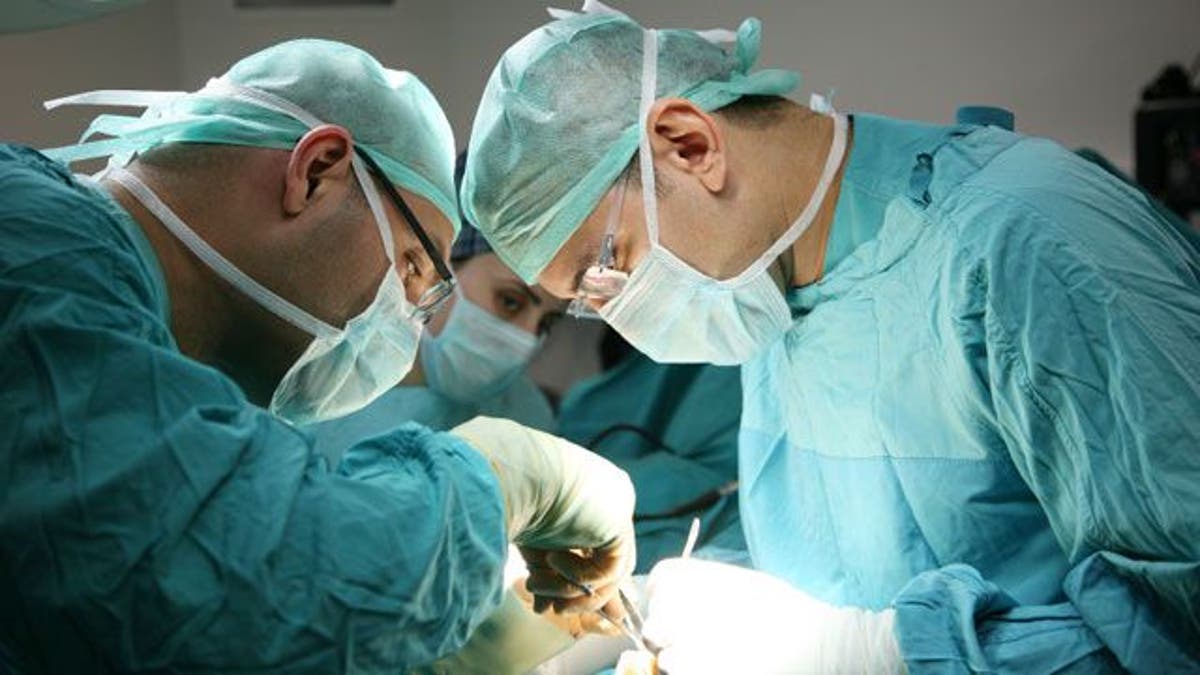
A U.S. Food and Drug Administration database that catalogs medical-device problems holds thousands of entries on a tool called a laparoscopic power morcellator, used since the 1990s.
But before December, none of those reports linked the tool to a potentially deadly risk: worsening a rare and often-hidden uterine cancer. Instead, older entries documented malfunctions and occasional injuries to patients.
Medical studies and literature had highlighted the risk since the tool made its debut. But the FDA didn't begin to closely examine the danger until late last year, when a Boston doctor took her case public in The Wall Street Journal.
As the FDA prepares to hold hearings this week in Maryland on the future of the device, critics say the power morcellator case demonstrates weaknesses in the surveillance network for medical tools after they hit the market. An agency panel will hear testimony Thursday and Friday.
Morcellators use tubular blades to slice up common and generally benign uterine growths called fibroids so they can be removed through small incisions in minimally invasive procedures. In April, the FDA discouraged these procedures while estimating one in 350 patients could have a concealed cancer that the devices may spread.
Through medical records and interviews with doctors, the Journal has identified at least two dozen cases before December where morcellators likely worsened cancer. Medical journal articles and researchers have also identified numerous cases since the devices were introduced.
"Why is it that even when we know numerous women have already had this happen to them, it's not in the database?" said Diana Zuckerman, president of the National Center for Health Research, a nonprofit organization that advocates for product safety.
